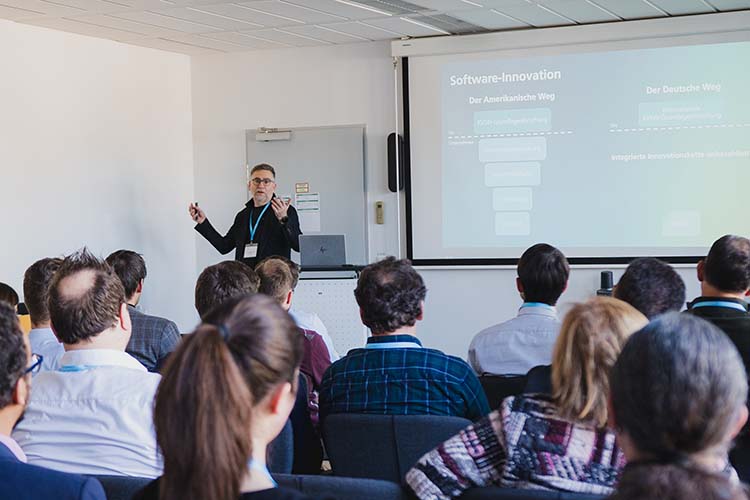In the course of industrial automation, the manufacturing industry is developing digital strategies to optimize communication between people, machines and systems. Automated production enables the smart factory to improve efficiency through its self-adaptive adaptability, for example, by processing smaller batch sizes.
Innovative concepts such as digital twin space, resilient software architectures, smart sensors and predictive maintenance are used as part of the digitalization of processes. This allows for more efficient maintenance and increased efficiency, which enables the smart factory to maintain operations even in the event of component failures or changing environmental conditions such as material quality, tool wear or unexpected logistics goods.
Great expectations are also placed on artificial intelligence to increase efficiency and ensure sustainable, resource-conserving production. In particular, the vision is for the automated smart factory to function in a resilient and sustainable manner. The implementation of this new, holistic digital strategy requires new approaches to flexible and self-organized automation for production systems.
 Fraunhofer Institute for Cognitive Systems IKS
Fraunhofer Institute for Cognitive Systems IKS
